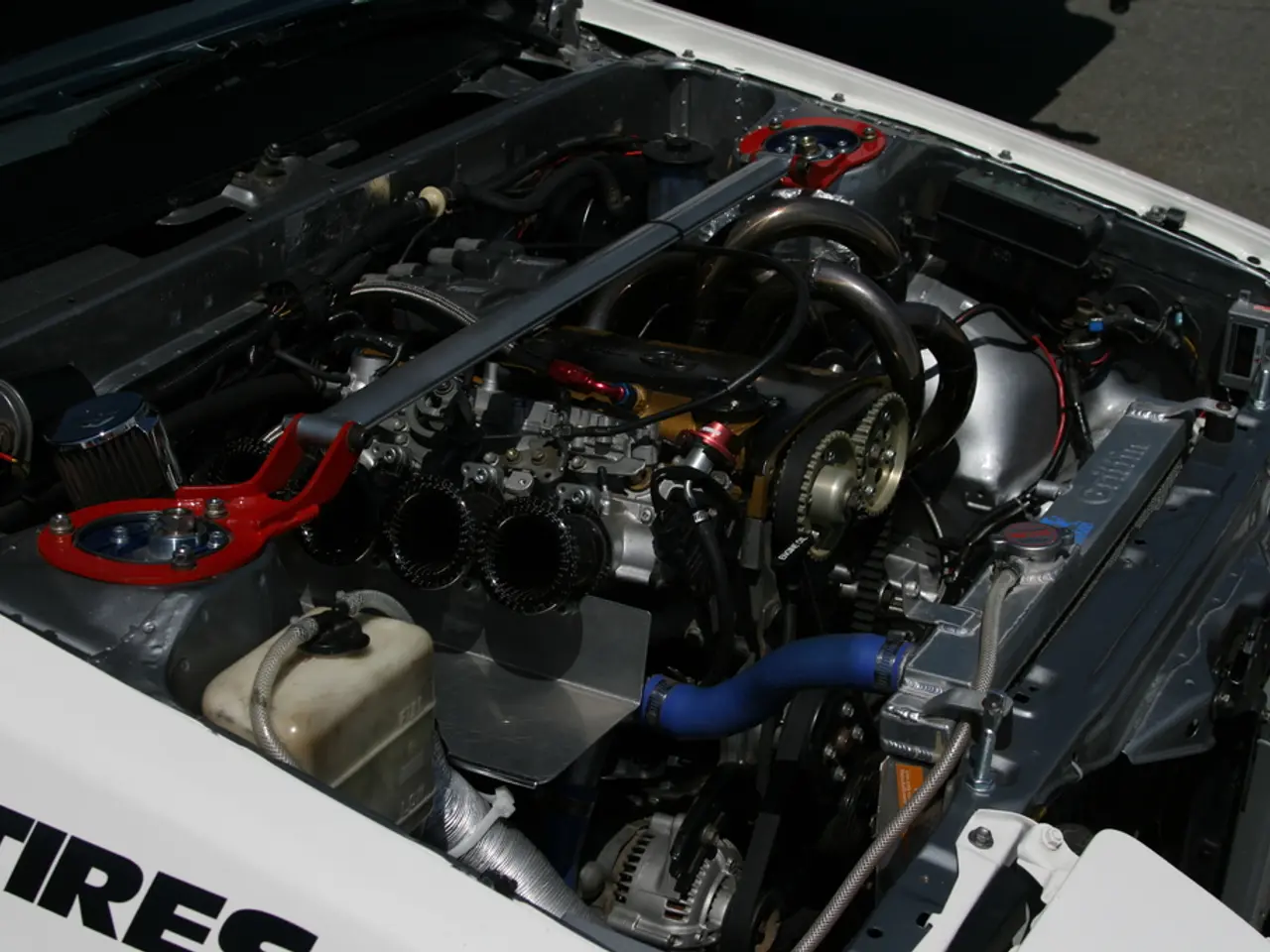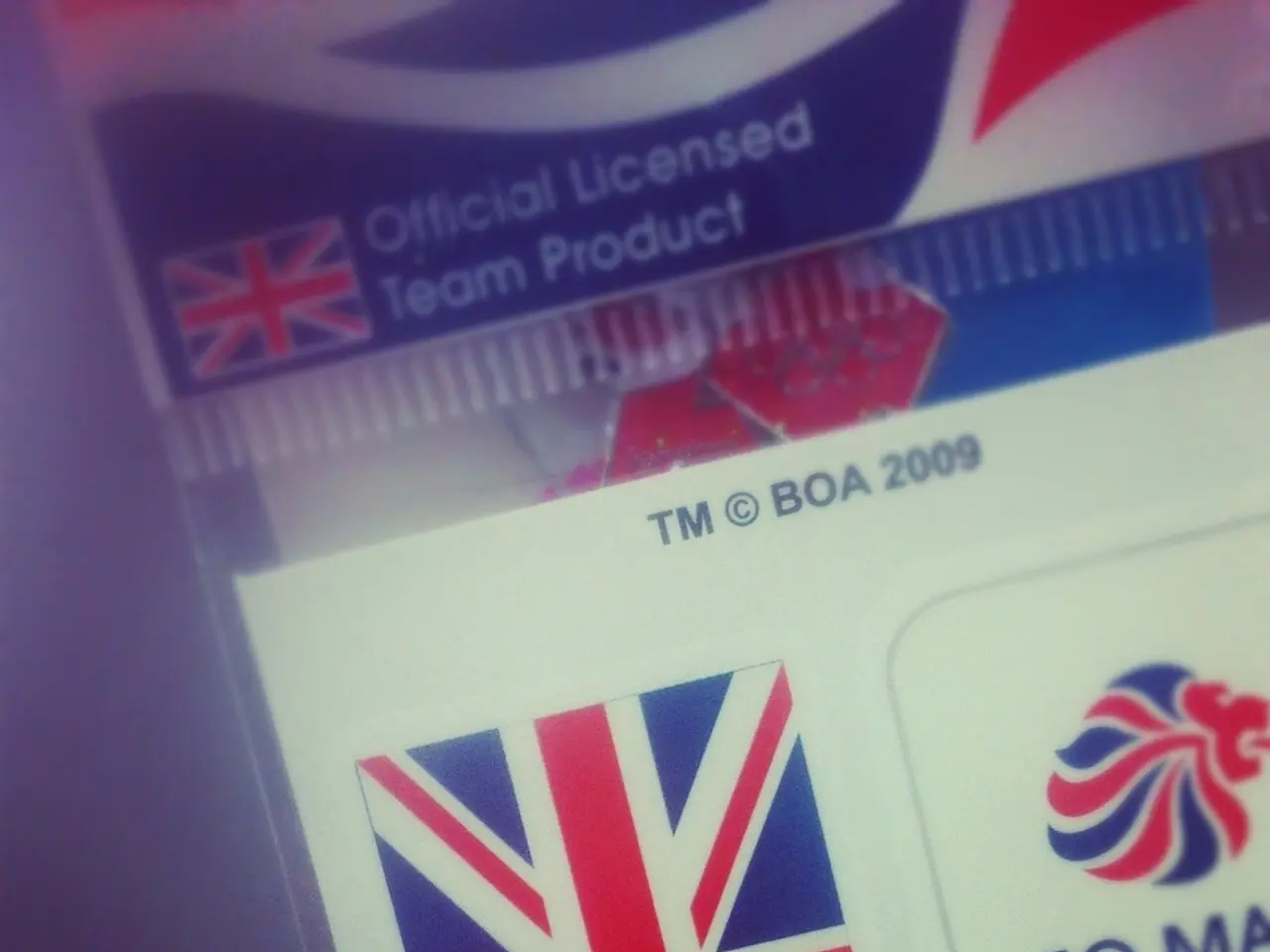CATL Constructed Over 400 Swap Battery Stations for Passenger Vehicles
CATL Expands Battery Swap Network for Passenger Vehicles and Trucks
China-based battery manufacturer CATL has made significant strides in expanding its battery swap stations for both passenger vehicles and electric trucks. As of mid-2025, CATL has built over 400 swap stations in China for passenger cars, with plans to increase this number to 1,000 by the end of 2025 [1][4].
In the field of electric trucks, CATL has partnered with JAC to advance battery swap technology. They have achieved a 150-second battery swap time, with compatible models set to launch in the second half of 2025 [2].
Looking ahead, CATL aims to continue rapid expansion, with a mid-term goal to build 10,000 swap stations, including expansion into markets like Hong Kong and Macau [3]. They are working towards creating the world’s largest EV battery-swapping network through collaborations with companies like BIO and other automotive firms to facilitate widespread battery-swapping infrastructure [3].
One of CATL's key partnerships is with Nio, announced in March 2023, to jointly build the world's largest and most advanced battery swap service network for passenger vehicles [5]. As of now, Nio remains the main player in the battery swap field with 3,425 battery swap stations in China, 1,000 of which are located along highways.
CATL has also entered into cooperation agreements on battery swap business with several automotive manufacturers, including Changan Automobile, Wuling, FAW Group, SAIC Motor, and Sinopec.
In terms of financial performance, CATL reported a net income of RMB 16.6 billion ($2.3 billion) in the second quarter, up 34% year-on-year [6]. The company's revenue in the second quarter was RMB 94.2 billion, bringing the first half of the year's revenue to RMB 178.9 billion, up 16.80% year-on-year [6].
CATL has also announced two standardized Choco-SEB battery packs for its battery swap business in December 2024 [1]. However, as of the end of March, they have not yet constructed any battery swap stations for the updated Choco-SEB battery packs.
Lastly, CATL plans to introduce its battery swap and recycling technologies to Europe, further expanding its global footprint.
[1] CATL Updates Battery Swap Business with Standardized Choco-SEB Battery Packs - December 2024 [2] CATL Achieves 150-Second Battery Swap Time for Electric Trucks - Unspecified Date [3] CATL Aims to Build 10,000 Battery Swap Stations - December 2024 [4] CATL to Reach 1,000 Battery Swap Stations for Passenger Vehicles by End of 2025 - Unspecified Date [5] CATL and Nio to Jointly Build World's Largest Battery Swap Service Network for Passenger Vehicles - March 2023 [6] CATL Reports Strong Financial Performance for First Half of 2025
Technology stands as a pivotal factor in CATL's expansion, particularly in the realm of battery swap networks for passenger vehicles and electric trucks, as demonstrated by the construction of over 400 stations in China for cars and plans for 1,000 more by the end of 2025. Partnerships with innovation-focused companies like JAC and Nio in China are vital to CATL's advancement, with Nio being the key player in the battery swap field. CATL has targeted the global market by not only entering into agreements with Chinese automotive manufacturers but also by expanding into markets like Hong Kong and Macau, and planning to introduce its battery swap and recycling technologies to Europe. CATL's collaboration with Nio aims to create the world's largest EV battery-swapping network, made possible with collaborations with companies like BIO and other automotive firms to facilitate widespread battery-swapping infrastructure. The burgeoning battery swap network for the automotive industry is set to revolutionize everyday lifestyles by enabling a seamless transition to electric vehicles.




